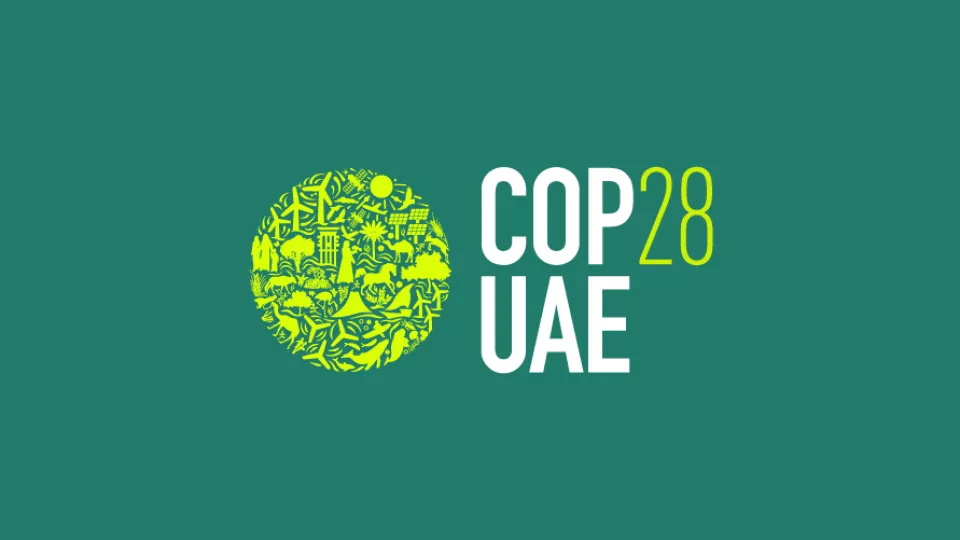Events at COP28
UNEP event: How to increase adaptation effectiveness to reduce loss and damage: Insights from the UNEP Adaptation Gap Report 2023.
This UNFCCC mandated UNEP event features high-level opening remarks from UNEP’s Executive Director and UNFCCC’s Executive Secretary and a presentation of the key findings of the UNEP Adaptation Gap Report 2023. This is followed by a panel discussion focusing on the importance of increasing adaptation effectiveness, while assessing progress in global adaptation efforts, reducing loss and damage, and evaluating the current adaptation finance gap. UNEP’s annual Adaptation Gap Report is indicating the need for increased action to reduce vulnerability and build resilience. However, progress in adaptation is slowing. Hence, the planning, implementation, and finance gaps in adaptation keep widening and leading to more losses and damages. An increase in adaptation effectiveness and adaptation finance is at the heart of the discussions necessary to bridge the science-policy-action gap, particularly with a need to inform the Global Stocktake, the Global Goal on Adaptation, and the deliberations on the loss and damage fund and funding arrangement.
LUCSUS Professor Emily Boyd will participate.
About the report: UNEP's Adaptation Gap Report 2023: Underfunded. Underprepared – Inadequate investment and planning on climate adaptation leaves the world exposed was launched in November. It includes, for the first time, a chapter on climate-related loss and damage, co-authored by Emily Boyd.
Read more about the report on the UNEP website
UNEP Pavilion Side Event: Minimising Loss and Damage by adressing Soft Adaptation Limits
This session will build from the 2023 UNEP Adaptation Gap Report and ongoing work by the World Adaptation Science Programme’s (WASP) Working Group on Loss and Damage. It will address the soft limits to adaptation to avert and minimize losses and damages. Experts will provide an overview of the issue and discuss the topic with the audience, providing further clarity on the soft limits to adaptation.
LUCSUS Professor Emily Boyd will participate.
Co-Creative Reflection & Dialogue Space (CCRDS)
LUCSUS professor Chrisitne Wamsler will be part of the Co-Creative Reflection & Dialogue Space (CCRDS) at COP28. The Co-Creative Reflection & Dialogue Space (CCRDS) is a transdisciplinary intervention for research and transformation at the UN Climate Change Conference. The aim is to strengthening relations for climate action at COP28. See the full programme for the event here.
Africa Loss and Damage Action Network
At COP28, LUCSUS will be organising meetings between researchers in the Africa Loss and Damage Action Network. The network is comprised of scholars from across Africa working on climate, development, and vulnerability to engage with and discuss current knowledge gaps and future directions on loss and damage from climate change.
ICCAD event: Ecological loss and damage: understanding impacts and catalysing action
Panel discussion highlighting the increasing importance of ecological losses and damages for LDCs and Small Island Developing States (SIDS), organised by The International Centre for Climate Change and Development (ICCCAD).
LUCSUS Professor Emily Boyd will participate.
Read more about the event
Related events
Post-COP28 webinar: What happened (or not) at COP28?
A post-COP28 webinar exploring crucial outcomes at this year’s climate negotiations in Dubai. Were expectations met, what happened to the key questions at COP, and what disappointments and surprising twists unfolded at this year’s conference? Together we will reflect, and critically discuss final outcomes and agreements at COP28.
14 December 15.00-16.00.



